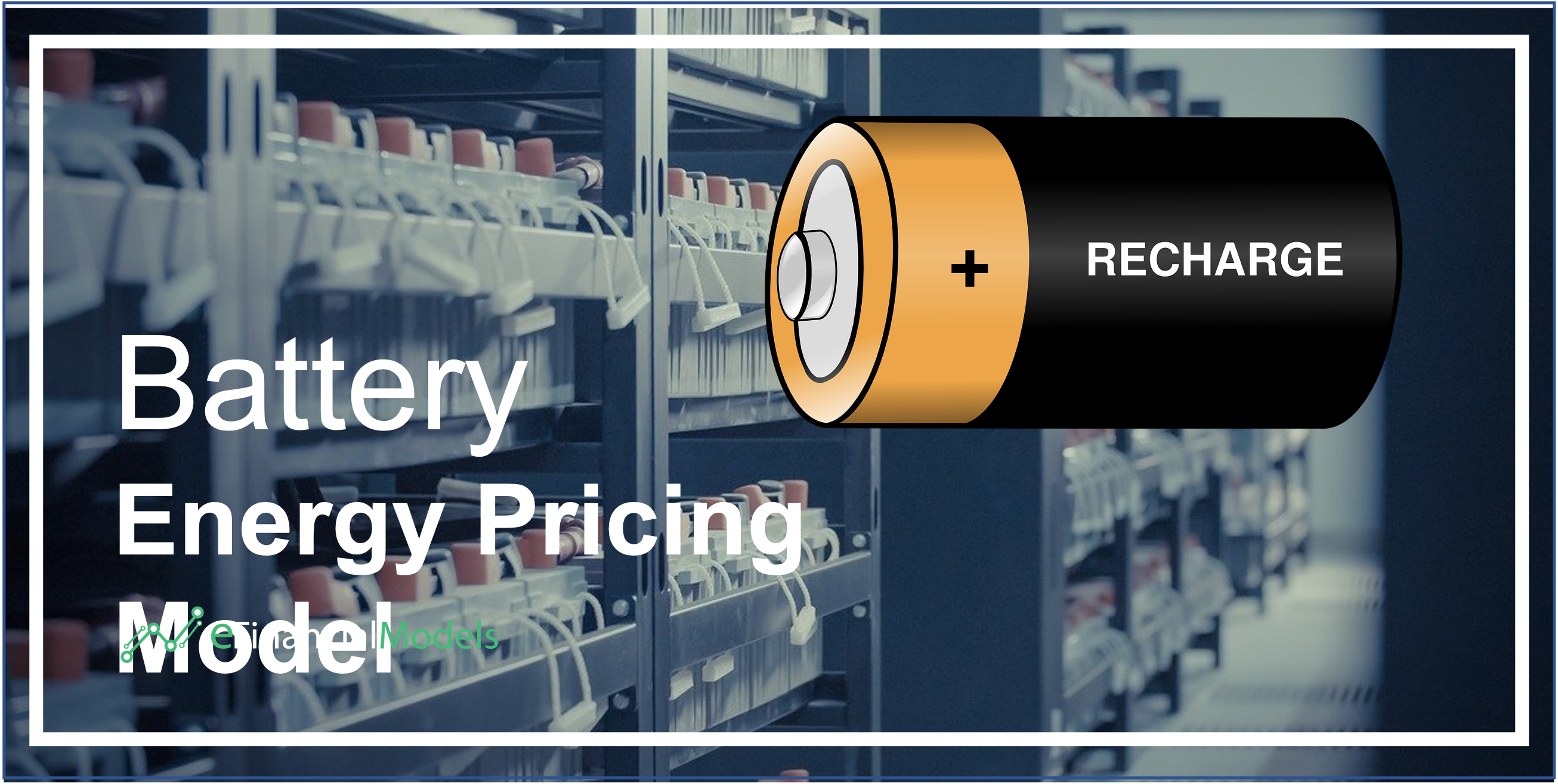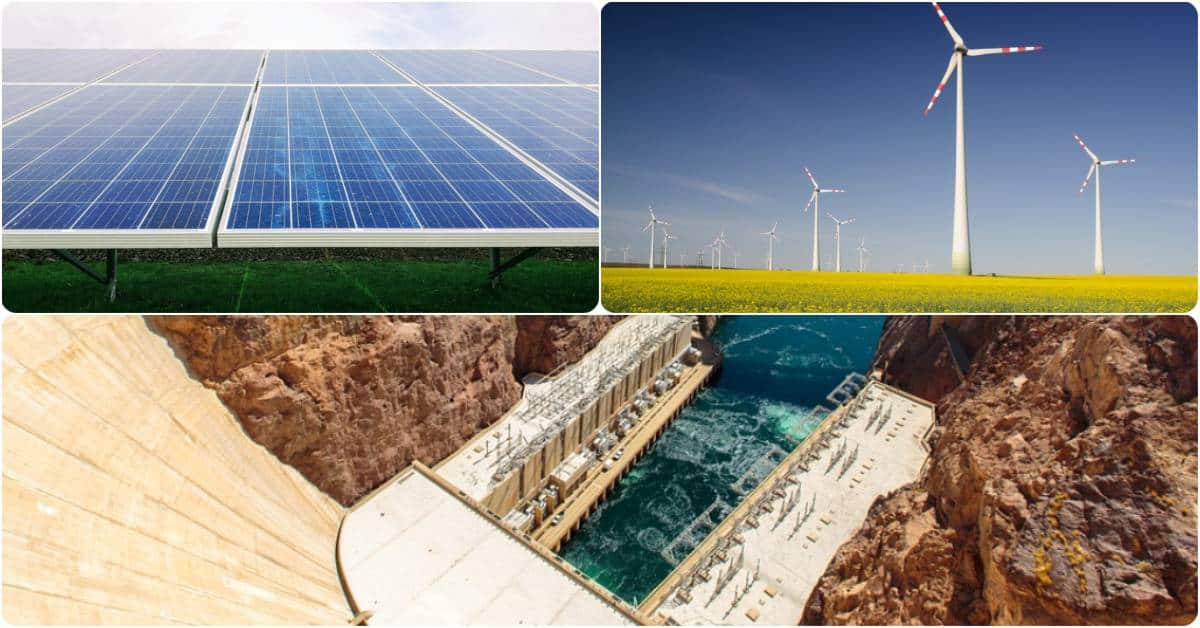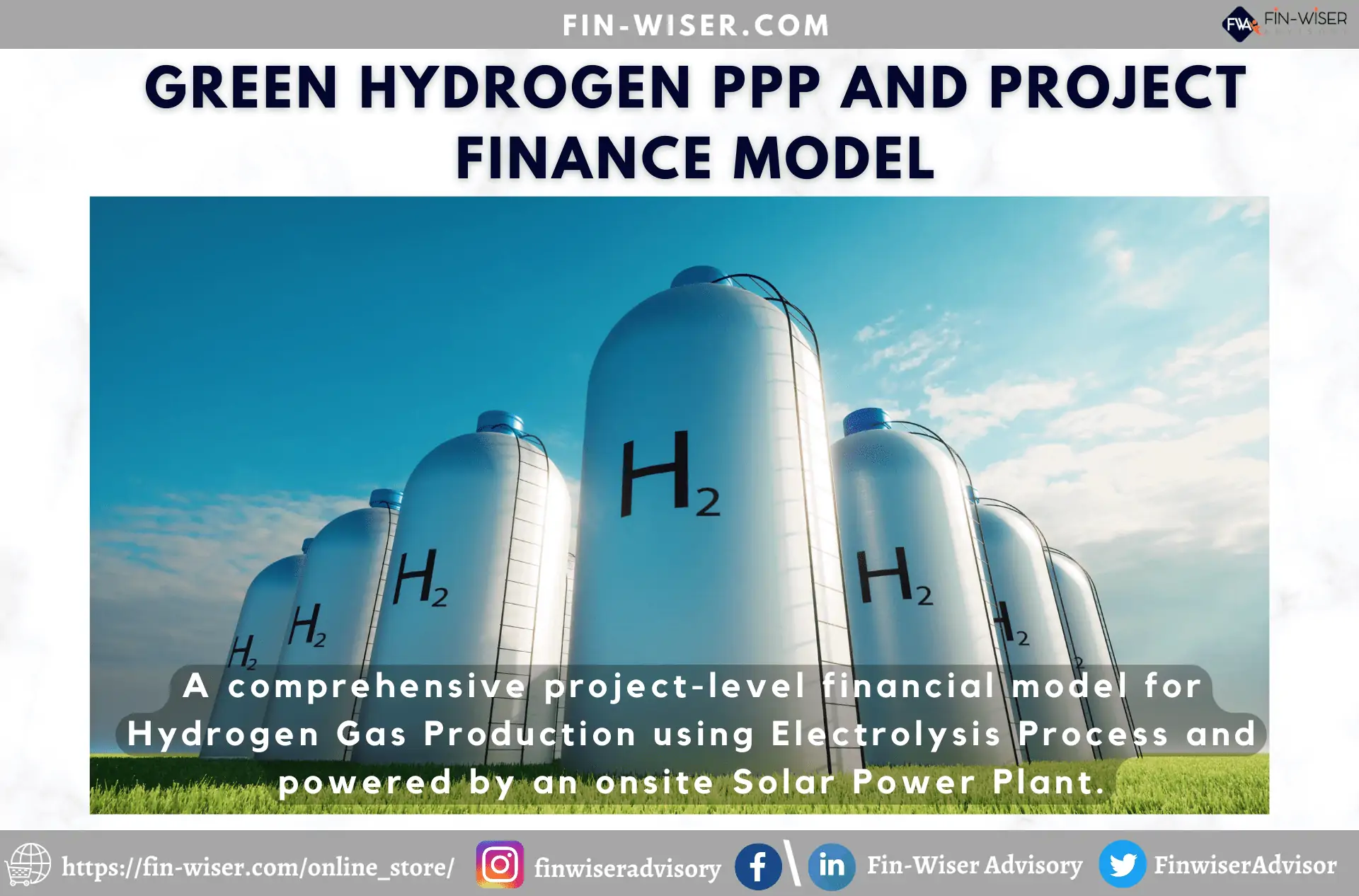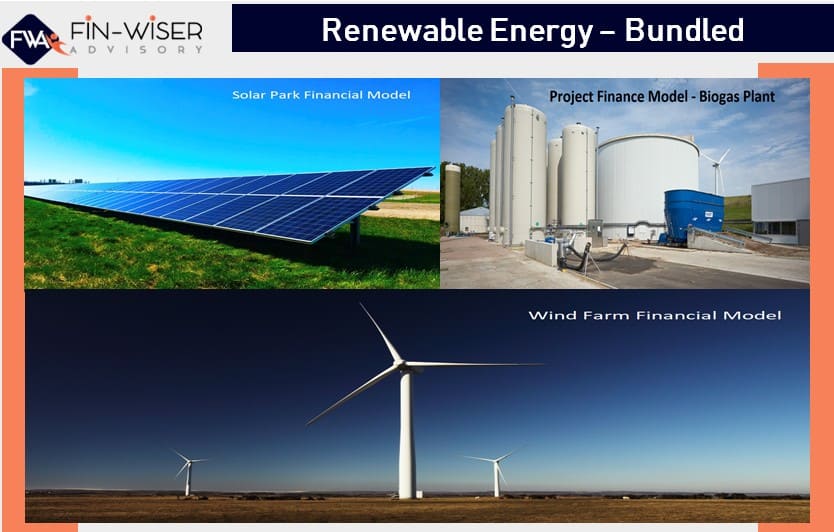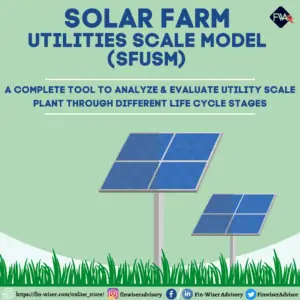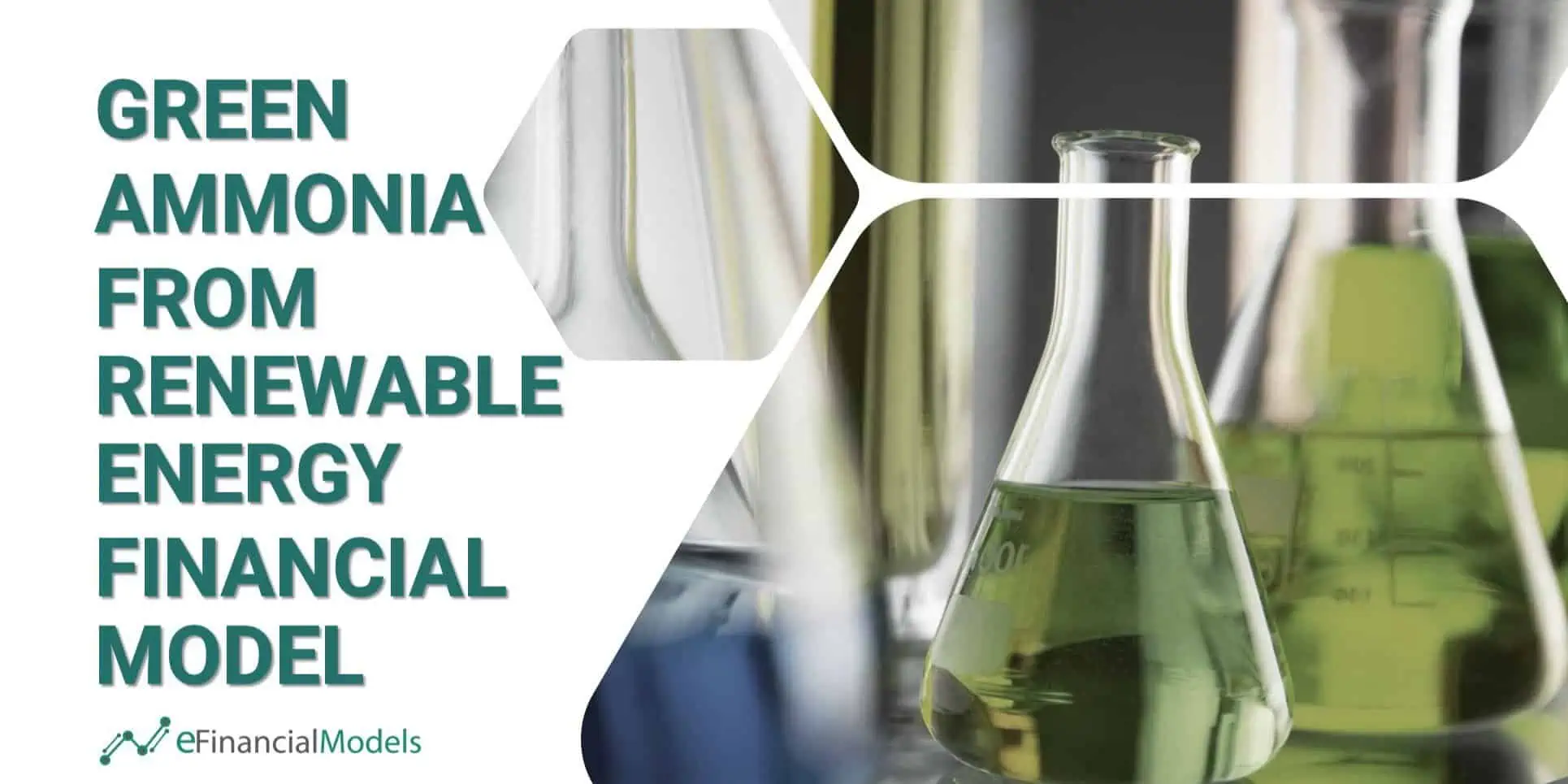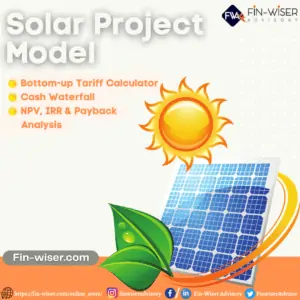Investment in an Operating Solar (PV) Power Plant
Investment in an Operating Solar (PV) Power Plant is a financial model which deals with the evaluation of an opportunity to acquire a minority share in an already operating solar power plant. The model generates the three financial statements as well as the cash flows and calculates the relevant metrics (cash on cash, Internal Rate of Return, payback period, Net Present Value, Debt Services and Loan Life Coverage Ratios).

Investment in an Operating Solar (PV) Power Plant is a financial model that deals with evaluating an opportunity to acquire a minority share in an already operating solar power plant. The model generates the three financial statements and the cash flows and calculates the relevant metrics (cash on cash, Internal Rate of Return, payback period, Net Present Value, Debt Services, and Loan Life Coverage Ratios).
So, in the contents tab, you can see the structure of the model by clicking on any of the headlines to be redirected to the relevant worksheet in the contents tab.
On the Timing tab, you can feed the general information for the model, such as model name, responsible, the timeline of the model, and the date and currency conventions. Additionally, there is a description of the color-coding of the model in the same tab. Inputs are always depicted with a yellow fill, and blue letters, call ups (direct links from other cells) are filled in light blue with blue letters, while calculations are depicted with white fill and black characters. There is also color coding for the various tabs of the model. Yellow tabs are mostly assumptions tabs, grey tabs are calculations tabs, blue tabs are outputs tabs (that is, effective results or graphs), and finally, light blue tabs are admin tabs (for example, the cover page, contents, and checks).
Moving to the Inputs Tab: (in yellow whatever can be amended as an assumption): detailed inputs for revenues for three solar assets (remaining useful life, purchase power agreement remaining years, tariffs prices, capacity assumptions, energy generation, and degradation factors), profitability for each asset (as a percentage of revenues), financing assumptions (interest rate, target debt service coverage ratio, target equity internal rate of return, acquisition share consideration), valuation assumptions (valuation multiples, cost of equity, and discount rate premiums).
Everything is aggregated here into the relevant statements in the Outputs Tab: profit and loss, balance sheet, and cash flow.
In the Valuation tab, a valuation is performed for the entire project and each asset separately. A series of sensitivities are performed on the discounted cash flows or in the multiple’s valuations. We also calculate the various feasibility metrics such as internal rate of return, net present value, cash on cash, the payback period on a project basis, and an equity basis. Finally, debt service and loan life coverage ratios are calculated.
In the Visuals Tab, various graphs present the investment & operating costs and the energy generation potential. Then multiple charts present the project’s performance from revenues to bottom line along with debt and cash flows which results in a valuation on a project basis and an equity basis together with the internal rate of return of the project and payback period metrics.
Moving to the Scenarios tab, you can select from one of the three scenarios: base case, bull case, bear case. You can change the assumptions of each scenario on the right side of the worksheet. The scenario outputs are automatically calculated below, and the model is updated accordingly.
The Summary is instantly updated with the main output metrics of the model, such as IRR, Shareholder Value, Cash on Cash Multiple, and other general assumptions for financing, valuation, operations, and investment metrics, coupled with various graphs.
Checks: A dedicated worksheet that ensures everything is working as it should!
Similar Products
Other customers were also interested in...
Battery Energy Pricing Model
The Battery Energy Pricing Model calculates the required energy price for an industrial-scale batter... Read more
Start Up Solar Farm Excel Model and Valuation
Start Up Solar Farm Excel Model presents the business case of an investment in the construction of a... Read more
Renewable Energy Template Bundle
This is a collection of selected renewable energy model templates which are set in a bundle which wi... Read more
Solar Energy Financial Model
The Solar Energy Financial Model Excel template forecasts the expected financials for a Solar Park p... Read more
Green Hydrogen Project Financial Model (Electrolys...
A Project-Level Financial Model to assess the financial feasibility of setting up and operating a Gr... Read more
Renewable Energy Financial Model Template Bundle
Take this opportunity and get a discount by getting the Renewable Energy Bundle where you get Solar,... Read more
Project Feasibility Template – Solar Rooftop
Fin-wiser’s Solar Rooftop FM helps the user to assess the financial viability of a solar... Read more
Solar PV Plant 3 Statements Financial Model Templa...
Solar PV Plant 3 Statements Financial Model with Flexible Timeline, NPV, IRR, Debt Covenan... Read more
Green Ammonia from Renewable Energy Financial Mode...
This comprehensive 40-year tool aid investors in evaluating potential risks and returns and assess t... Read more
Solar Farm Development Model
Solar Farm Excel Model Template is an excellent tool to assess the financial feasibility of a propos... Read more
You must log in to submit a review.

















